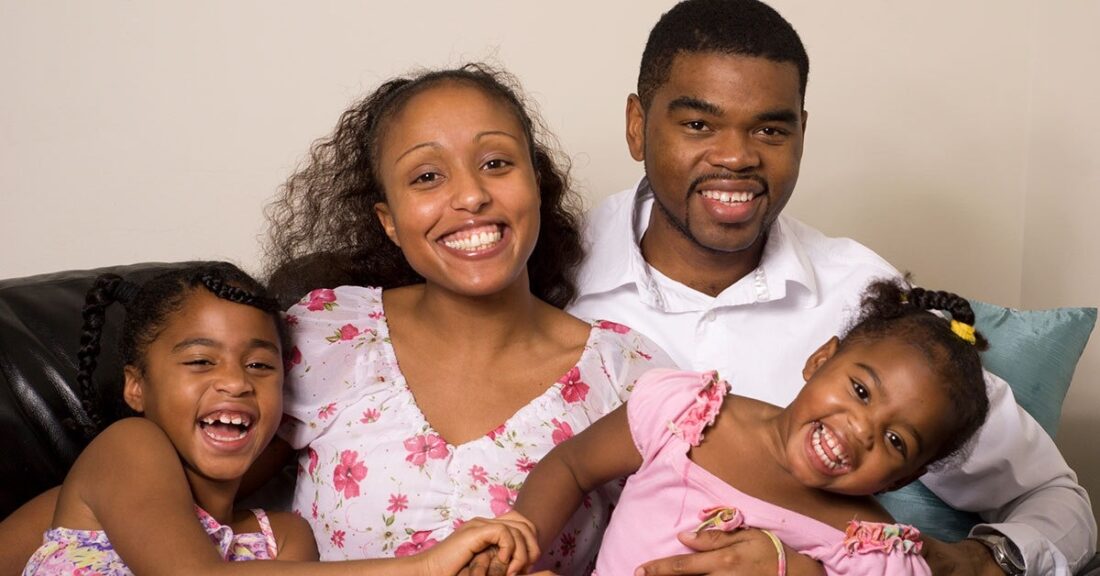New Research Series Examines Roots of Racial Inequities in Child and Family Well-Being

Racial inequity is widespread and stubbornly persistent in America today. Systems and institutions across the country are failing — still — to provide the opportunities and support necessary for children of color to thrive.
Against this backdrop, the Annie E. Casey Foundation and the Conrad N. Hilton Foundation are supporting a series of research projects, called Elevating Equity, that aims to advance racial equity for American families of color.
The series consists of three multi-year projects that will examine how parents, caregivers and young children change over time and across a range of domains. Research teams will seek to identify structural and systemic factors affecting well-being, including how racial bias and racial disparities can impact child and family health. They will also work to identify strengths and assets — in individuals, families, communities and systems — that can be maximized to promote equity.
About the Projects in Elevating Equity
- Jacqueline Sims of Boston University is leading an effort to examine how Black mothers — along with social and neighborhood resources — protect against the negative impacts of racial bias on family health and well-being. The project will utilize a research method called photovoice, which enables participants to record their own reality by taking, selecting and reflecting on photographs. Researchers from Boston University, Georgia State University and Boston College will conduct the study in collaboration with the Black Child Development Institute-Atlanta, a community organization that works directly with mothers in Atlanta.
- Caitlin McPherran Lombardi of the University of Connecticut is investigating how social policies and programs, exclusionary policies and community characteristics are associated with the well-being of children and parents from immigrant families. This effort — conducted in partnership with California State University, Sacramento — will use data from the Early Childhood Longitudinal Study, Birth Cohort and from focus groups of immigrant parents with young children. Results will be integrated to provide information about how social policies and programs and community resources can better promote child development and parent well-being among immigrant families.
- In Newark, New Jersey, a team led by Chrishana Lloyd of Child Trends is studying how housing patterns of Black mothers relate to economic security and well-being. The project will seek to develop community-driven housing policy solutions and identify supports and resources that can help mothers obtain safe, stable housing. The team will use data from the Fragile Families and Child Wellbeing Study and build on relationships initiated through a federally funded Promise Neighborhood evaluation.
Over the life of the series, the foundations plan to bring the grantees together to discuss their progress and share how they are engaging residents and families and using their findings to inform policies that support equity.
“More than half of the young people in the United States are young people of color,” says Allison Holmes, a senior research associate at the Casey Foundation. “With this research, we want to know: What are the structural opportunities and sources of support that can help eliminate inequity and help children, young people and families thrive?”
Read about incorporating equity principles in social science research






